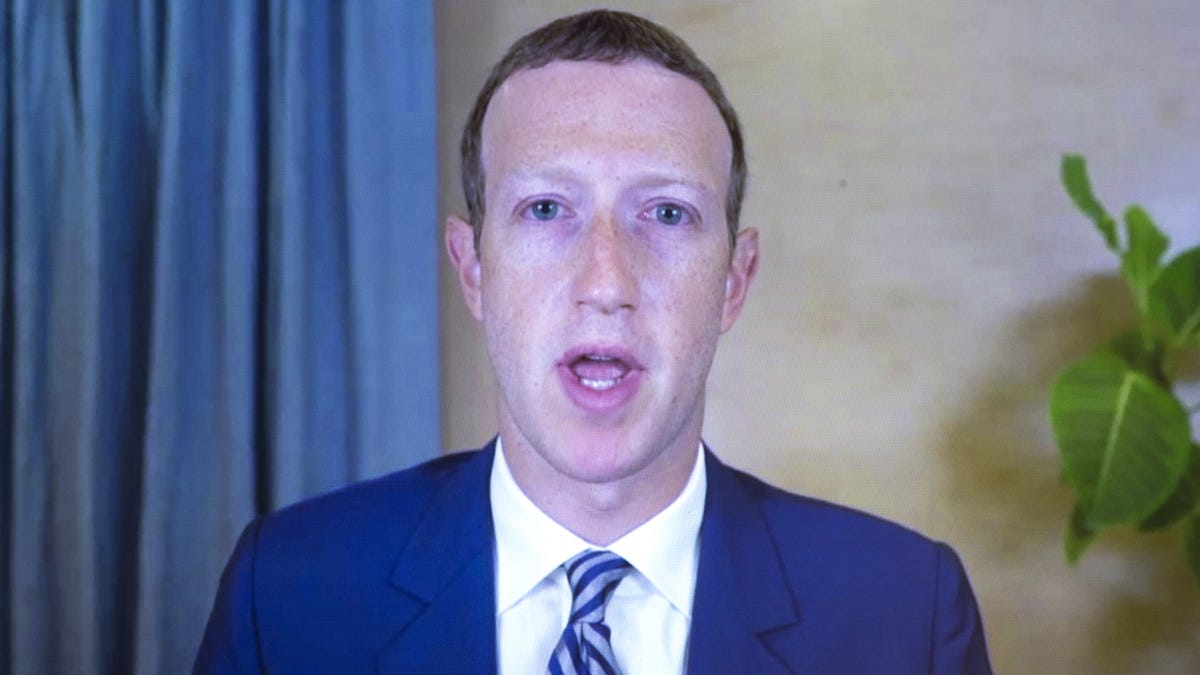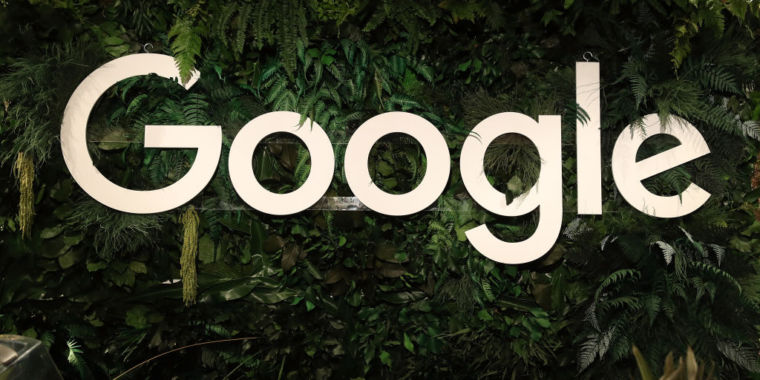Cancel That Subscription
This WTF Journal is entering an exciting phase where it will focus more on how emerging technologies are intertwined with Japan's unique culture.
This change means I'll be adopting new ways of researching and writing to better capture how tech innovations fit into Japan's societal fabric. As I go through this transition, I'll keep sharing stories from the tech world that fascinate me, giving you a taste of what's to come in the journal. By the end of the month, I plan to have a solid plan for this shift.
Otherwise, in the world of top-tier streaming services, there's a growing trend: more and more customers are leaving. As of November, the rate of people canceling their subscriptions rose to 6.3%, a jump from 5.1% the previous year. This increase shows a change in how consumers behave, with viewers becoming less loyal.
Looking closer at information from Antenna, a company that tracks subscription data, shows a surprising fact: about one-fourth of American subscribers to major streaming platforms like Apple TV+, Discovery+, Disney+, Hulu, Max, Netflix, Paramount+, Peacock, and Starz have ended their subscriptions to at least three of these services in the last two years. This number has grown from 15% two years ago, indicating that people using streaming services are becoming more impatient.
Obviously, we can expect these big streaming companies to change their strategies, probably by bundling their services together or giving significant discounts. While this could be good for customers' budgets, it raises an important question: should the industry have let things get to this point?
This situation highlights the tricky act of keeping customers while trying to grow, a challenge these streaming giants must handle carefully in today's highly competitive digital world.
WTF?

Customer defections across premium streaming services rose to 6.3% in November, from 5.1% a year earlier.
About one-quarter of U.S. subscribers to major streaming services—a group that includes Apple TV+, Discovery+, Disney+, Hulu, Max, Netflix, Paramount+, Peacock and Starz—have canceled at least three of them over the past two years, according to November data from subscription-analytics provider Antenna. Two years ago, that number stood at 15%, a sign that streaming users are becoming increasingly fickle.
- Sarah Krouse, WSJ

The company pitches Link History as a useful tool for consumers “with your browsing activity saved in one place,” rather than another way to keep tabs on your behavior. With the new setting you’ll “never lose a link again,” Facebook says in a pop-up encouraging users to consent to the new tracking method. The company goes on to mention that “When you allow link history, we may use your information to improve your ads across Meta technologies.”
- Thomas Germain, Gizmodo

In Washington, spurred mainly by actors and performers alarmed by AI’s capacity to mimic their image and voice, some members of Congress are already attempting to curb the rise of unauthorized digital replicas. In the Senate Judiciary Committee, a bipartisan group of senators — including the leaders of the intellectual property subcommittee — are circulating a draft bill titled the NO FAKES Act that would force the makers of AI-generated digital replicas to license their use from the original human.
If passed, the bill would allow individuals to authorize, and even profit from, the use of their AI-generated likeness — and bring lawsuits against cases of unauthorized use.
- Mohar Chatterjee, Politico
/cdn.vox-cdn.com/uploads/chorus_asset/file/24709755/DSC00889.jpg)













Member discussion